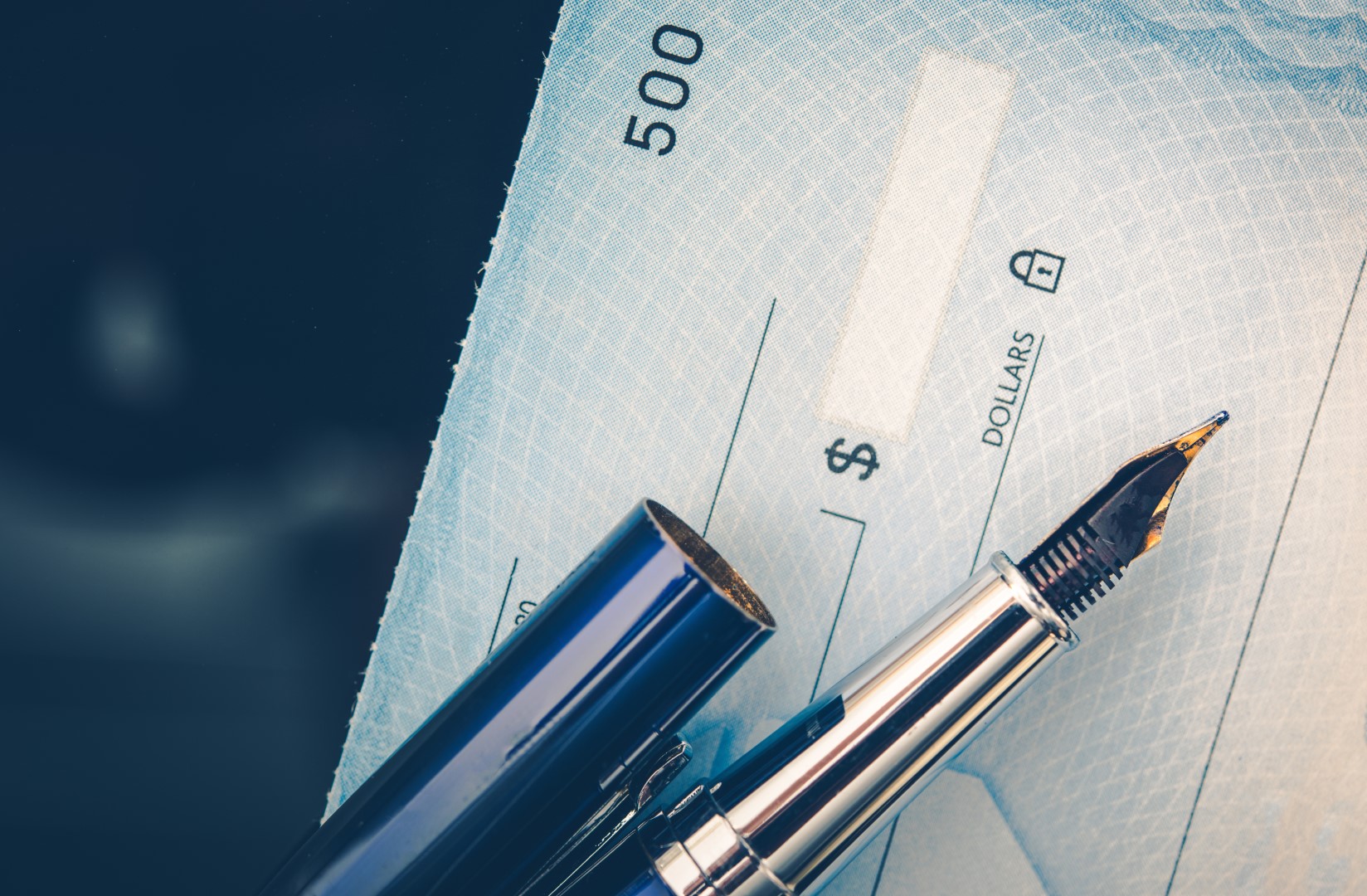
By Glory Oct, 31, 2022 Financial Terms
What is an Outstanding Check?
A check (or 'cheque') that has been written but hasn't been cashed or deposited by the payee is known as an outstanding check. The person or organization writing the check is known as the "payor," while the recipient is known as the "payee." A check that has been delivered to the bank but is still going through the bank's check-clearing process is also referred to as an outstanding check.
Outstanding Checks Explained
A check that a business has issued and entered in its general ledger records but that hasn't yet cleared the bank account on which it is written is known as an outstanding check. This implies that the bank balance will be higher than the actual cash available to the organization.
An individual who receives a check must take it to their bank or credit union to cash it. The bank of the payee then makes a payment request to the bank of the payer. The money is subsequently transferred or sent from the bank to the payee's account.
The funds from an undeposited check remain in the payer's account. As a result, the bank account in question displays an inaccurately higher balance than the company's current holdings.
If the payee does not cash or deposit the check, it becomes outstanding. This indicates that it will not reflect on the account statement at the end of the month and will not clear the payor's bank account. The fact that the check is still outstanding indicates that the payor is still liable for it. The check is reconciled with the payor's records after it has been deposited by the payee.
Checks that are left uncashed for an extended length of time become void and cannot be cashed. After 60 or 90 days, certain checks go stale, whereas some others become invalid after six months.
Stale checks are ones that have been inactive for a very long time. Unclaimed funds from outstanding checks should always be turned over to the state where the business is registered after a certain amount of time. Therefore, businesses should get in touch with the payees of any checks that have been overdue for a while rather than letting them go stale and then sending the money to the state government.
Reasons for outstanding checks
A check may become outstanding for a number of reasons, including:
ü Checks may easily get lost or stolen.
ü Checks may be returned due to an erroneous address or lost in the mail.
ü Since a check provides supplemental income, some payees won't cash it because they don't view it as important.
Tags: Outstanding Check
Share On Facebook Twitter Linkedin Whatsapp Telegram
Categories
Latest Post
- Nigeria Taps Global Markets with $2.25B Eurobond Sale
- Boeing Shares Rise as CEO Confirms China Deliveries to Resume Next Month
- STOCK SPOTLIGHT: UNION HOMES REAL ESTATE INVESTMENT TRUST (UHREIT)
- Nvidia Q1 2025 Earnings Report Summary
- 📉 U.S. Market Summary – May 28, 2025
- CBN Launches New Financial Tools to Boost Nigeria’s Non-Interest Banking Sector! ✨
- Market Watch: Key Updates as Wall Street Awaits Nvidia and Salesforce Earnings
- U.S. Equity Markets Rally as EU Tariff Deadline Is Extended and Consumer Confidence Surges
- Things to Know Before the U.S. Stock Market Opens
- What to Expect in the Markets This Week (May 27–31)

Start investing with Acorns today! Get $5 when you use my invite link: Z24WWE
